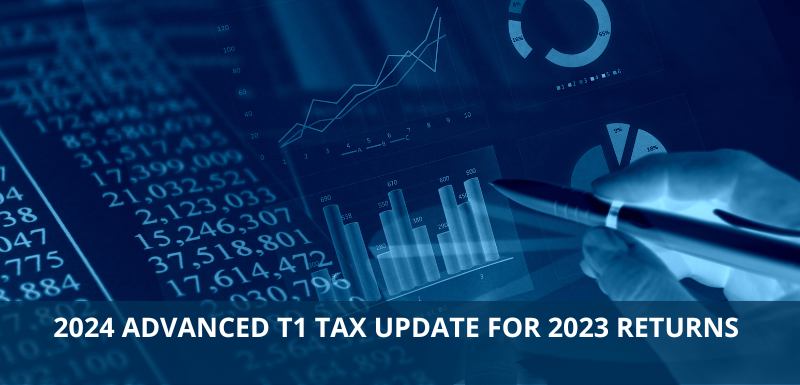Last updated: January 18 2024
How to Report Crypto Transactions on the T1

Evelyn Jacks
What’s the value of your crypto assets? How much trading did you do? What’s the tax consequences? Are they considered to be inventory of a business? Or will you report a capital gain or loss when you dispose of them? These are questions professional tax and financial advisors must be able to answer in 2024 when filing 2023 tax returns. Here’s what you need to know:
The government describes crypto assets as “a digital representation of value that relies on a cryptgraphically secured distributed ledger or similar technology to validate and secure transactions.” This can commonly include cryptocurrency and several types of tokens: utility or security or Non-fungible tokens.
Dispositions of crypto assets can result in a capital gain or loss. This is calculated by subtract the ACB from the proceeds of disposition. The taxpayer is required to keep accurate records of  purchases and sales of crypto assets, including how the ACB and proceeds were calculated.
purchases and sales of crypto assets, including how the ACB and proceeds were calculated.
Exchanges or trades must be reported on the tax return as well, under the rules for barter transactions. They are considered to be dispositions and the value of the exchanged assets must be converted into Canadian dollars.
The transactions must generally be reported in Canadian dollars on Schedule 3. Face Value or Maturity Date entries on these fields do not have to be completed.
If you are in the business of buying and selling crypto assets, as opposed to being a passive investor, it is possible that CRA may consider the transactions to be business income -100% taxable – rather than 50%. These rules may apply to crypto currency miners with significant activity undertaken in a commercial manner.
But how do you value these assets for tax reporting purposes? That will depend on whether they are considered to be financial assets or inventory of a business. This can become quite complex. For example:
Cryptocurrencies held as capital property, track the adjusted cost base for capital gains purposes. Cryptocurrencies held as inventory, require the use of a consistent inventory valuation method; example:
- Cost or FMV: Each asset is valued at its cost when acquired or its fair market value at the end of the year, whichever is lower
- FMV only: The entire inventory is valued at its fair market value at the end of the year (that’s usually the price to pay to replace it or what would be received on a sale)
- Adventure or concern in the nature of trade: inventory must be valued at acquisition cost.
Checklist of records to be kept for tax purposes. CRA provides guidance on what records to keep. For cryptocurrency transactions be sure to log the following:
- The date of the transactions, the receipts of purchase or transfer of cryptocurrency
- The value of the cryptocurrency in Canadian dollars at the time of the transaction
- The digital wallet records and cryptocurrency addresses
- A description of the transaction and the other party (even if it is just their cryptocurrency address)
- The exchange records
- Accounting and legal costs, software costs related to managing your tax affairs.
For crypto asset miners, also keep:
- Receipts for the purchase of cryptocurrency mining hardware
- Receipts to support expenses and other records associated with the mining operation (such as power costs, mining pool fees, hardware specifications, maintenance costs, and hardware operation time)
- The mining pool details and records
Adjustments. If the taxpayer has not reported this income in the past, there will be tax consequences that could include interest and penalties. Adjustments should be made to prior filed returns.
Excerpted from the 2024 T1 Advanced Tax Update Course.
